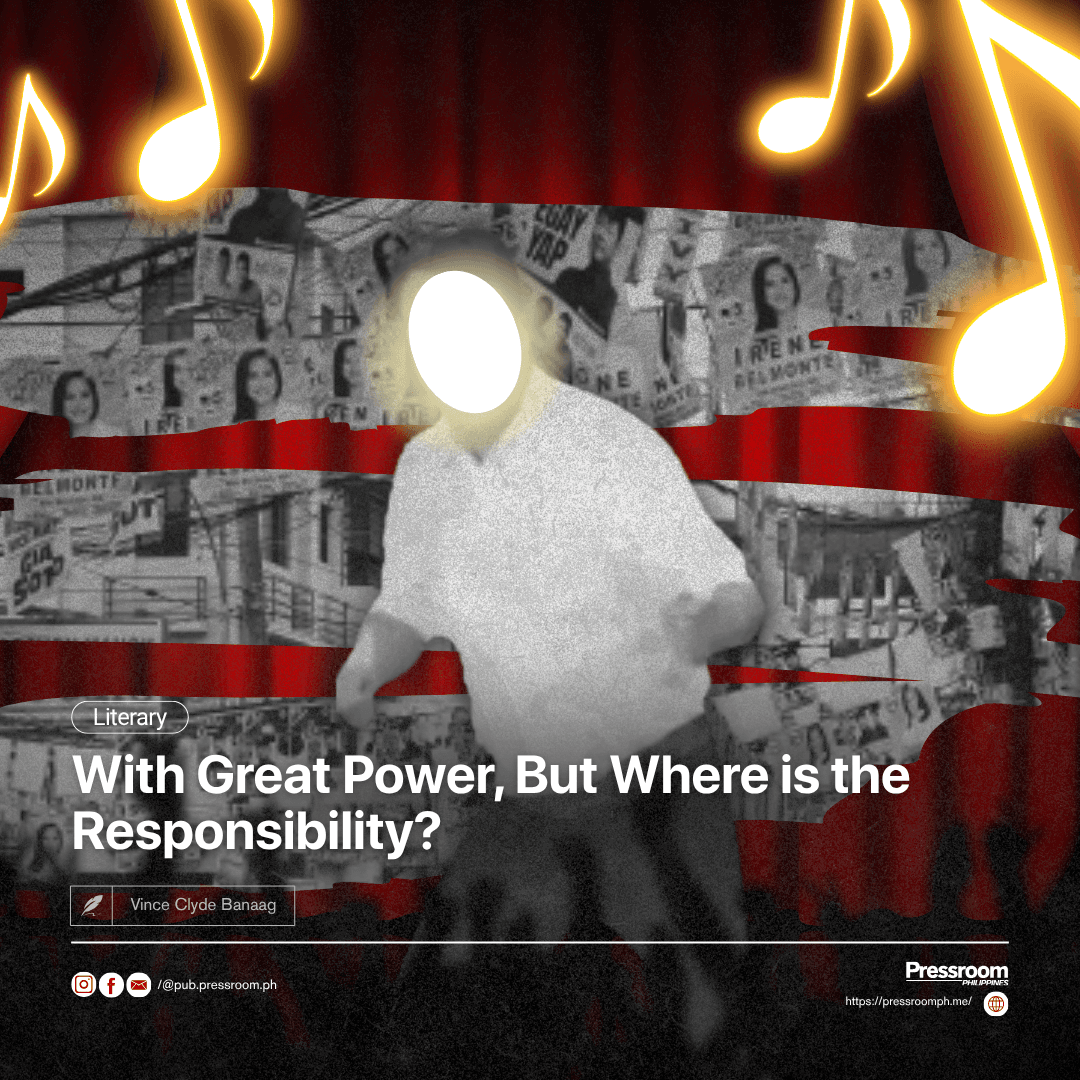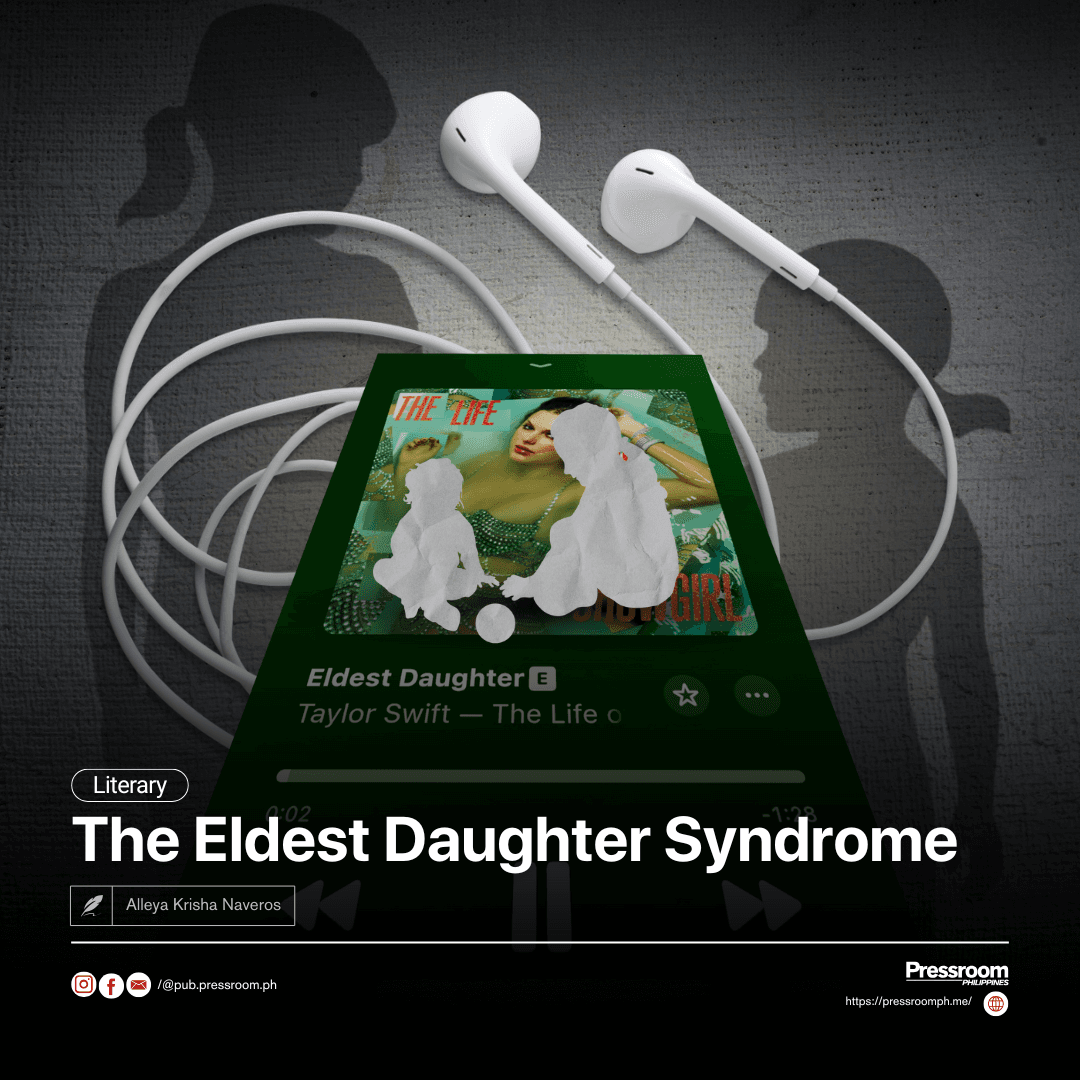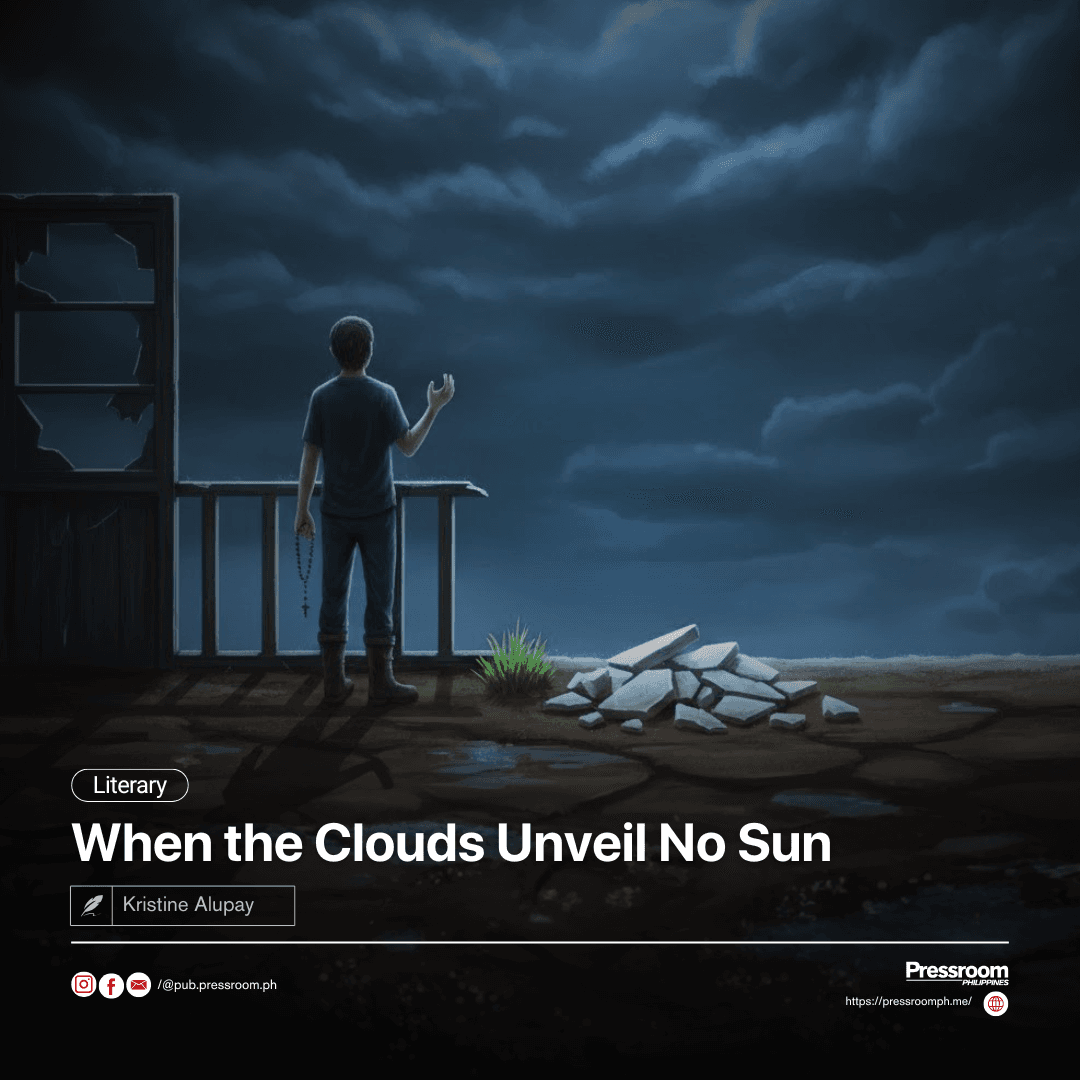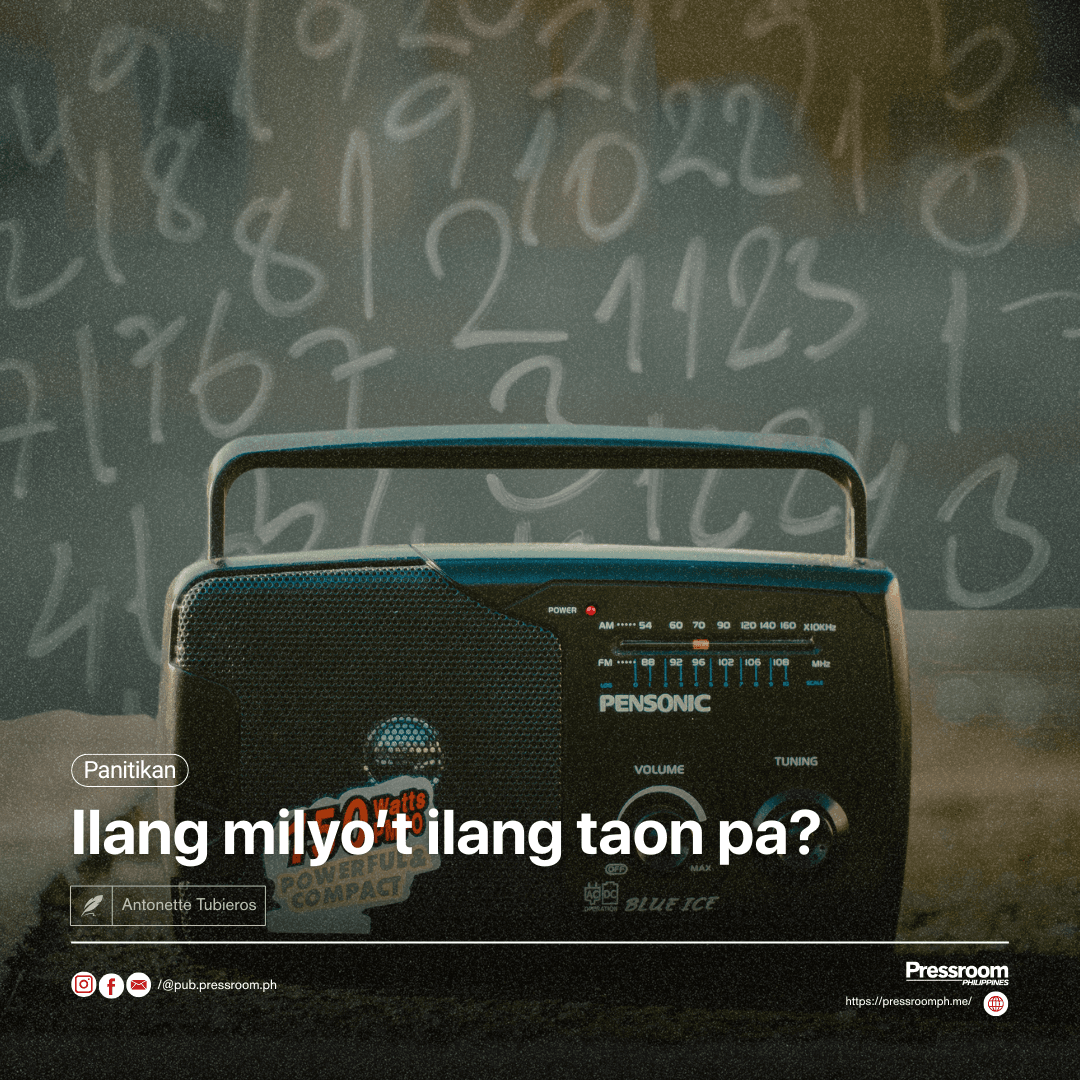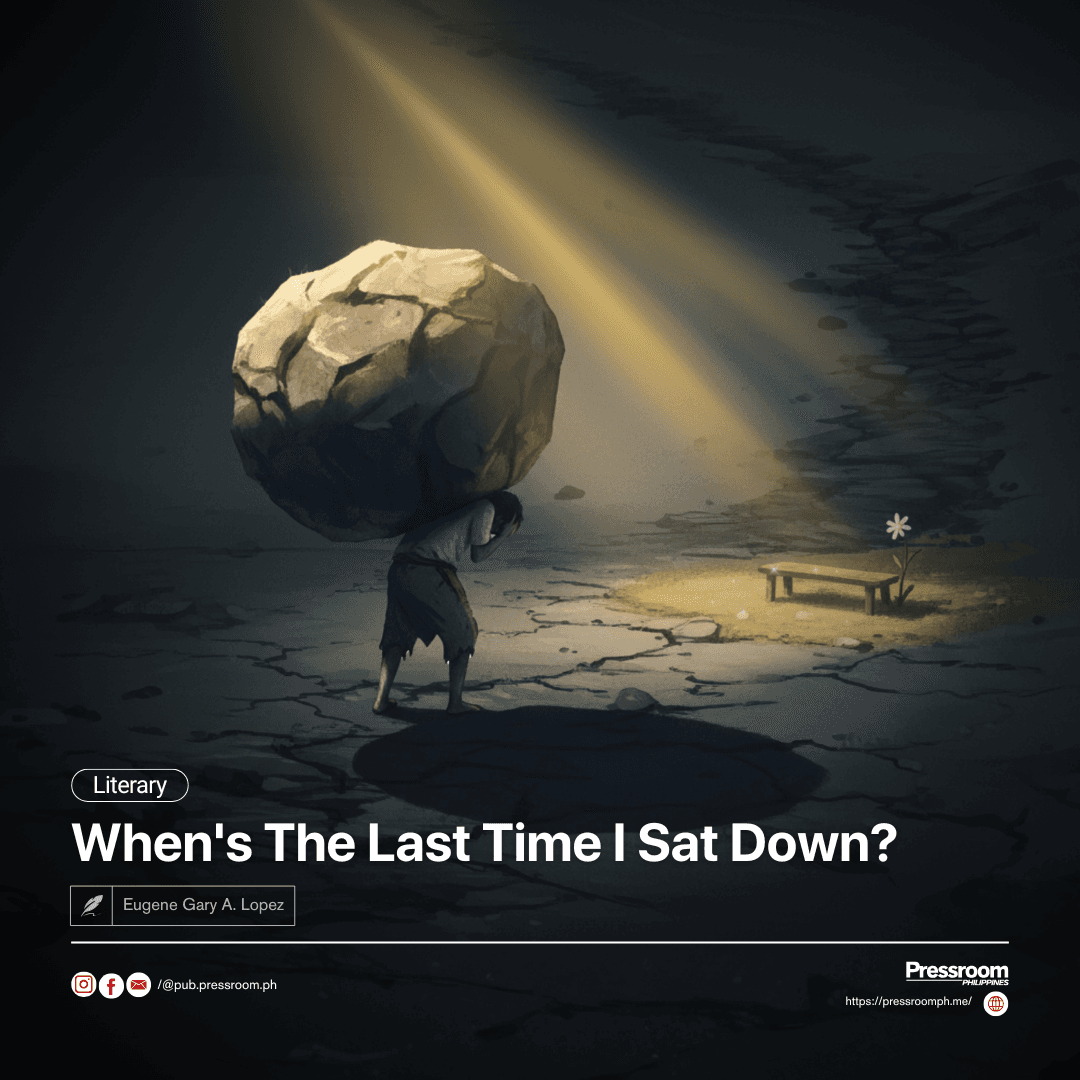In the Philippines, politics has long been a theater where promises boom like fireworks during campaign season—deafening jingles adapting a bootleg version of “Bboom Bboom,” filling the streets with pandemonium. You would see the faces of the candidates splattered in every crevice not only on highways, but even finding themselves in the most unlikely corners of life: on tricycle roofs, on makeshift tarps that double as laundry lines, and even on tiny sachets of coffee handed out like blessings from above.
Only for these faces to disappear and not be found in times of need.
“I solemnly swear, that I will faithfully discharge to the best of my ability, the duties of my present position and of all others that I may hereafter hold under the Republic of the Philippines.”
But is this really a proclamation of an oath to be of service to the Filipino people, or a lie spewed out by the crocodile in sheep’s clothing?
This begs the question: are there truly no good leaders left? If leadership is meant to be at the frontlines during catastrophic times, why then has it become a throne where the leaders find themselves at the comfort of the top pyramid—unscathed and protected at the expense of the common people?
Our leaders sit not as servants but as sovereigns, their words gilded with charisma yet hollow when echoed back against the walls of crumbling classrooms, flooded streets, and hungry households. The oath, repeated like a ritual, should be a binding piece—but in practice, it dissolves like ink in the rain, leaving the people to wonder if the words were ever more than a facade.
In the silence that follows campaign season’s noise, who truly listens to the eerie silence after a storm? When calamity strikes, it is not the grand stages of politics that shield the people, but the bayanihan spirit of ordinary Filipinos—neighbors lifting each other out of floodwaters, strangers offering food when the government is nowhere to be found.
The question, perhaps, is not whether good leaders still exist, but whether we, as a nation, have mistaken power for leadership. For power is the ability to command; leadership, the courage to be accountable. Until the two are found in hands of the same person, we may continue to see power in abundance, but responsibility in scarcity.
